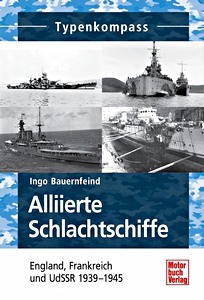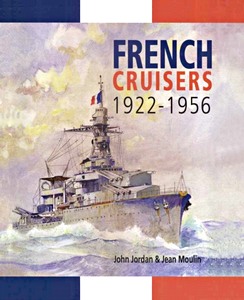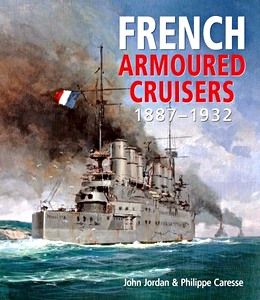The Battleship Richelieu (Super Drawings in 3D)
The Richelieu was a French battleship, and the lead ship of her class. She was the first French 35,000-ton battleship, designed to counter the Italian Littorio class battleships, the first modern battleships built since the 1922 Treaty of Washington.
Ordered in 1935, she was a scaled-up version of the Dunkerque class battleships, featuring a main armament of eight 380 mm guns in two quadruple turrets in forward superfiring positions.
Her armour and underwater protection were equal to her contemporaries, except the Japanese Yamato class battleships. Her speed was surpassed only by the fastest U.S. Navy battleships.
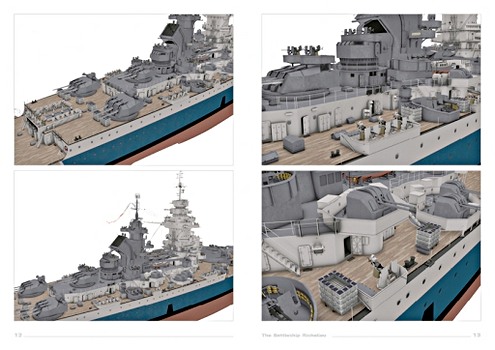
A volume in the Super Drawings in 3D Series. With ground-breaking 3D imagery, each corner, angle, and dimension of the ship is viewable.
With various close-up views, and each 3D image based on actual technical scale drawings and photographs, this is an exceptional reference tool.
Information on the design, development and combat history of the vessel is also included, as well as numerous photographs and 1/350th scale drawings.
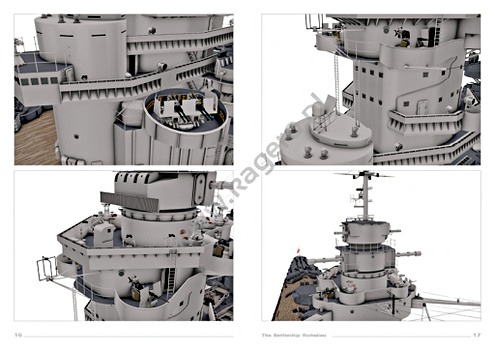
Szczegóły
| Autor: | Andrzej Sobucki, Miroslaw Skwiot |
|---|---|
| Wydanie: | 80 strony, 29.5 x 21 x 0.8 cm, miękka oprawa |
| Ilustracje: | 140 rysunki komputerowe w 3D, rysunki w skali |
| Wydawca: | Kagero Oficyna Wydawnicza (PL, 2012) |
| Seria: | Super Drawings in 3D |
| ISBN: | 9788362878420 |

The Battleship Richelieu
Język: angielski
Dostępne na Amazonie - bezpieczna płatność i szybka dostawa
Zamów na Amazon PLZamów na Amazon DE

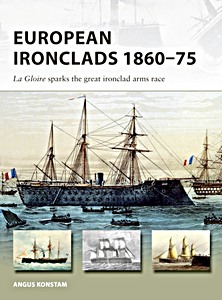
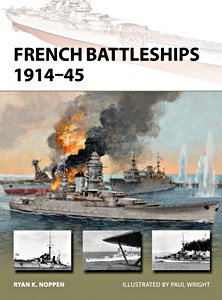
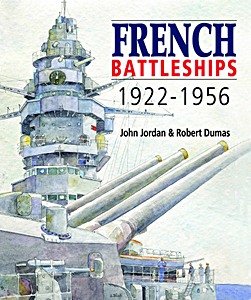
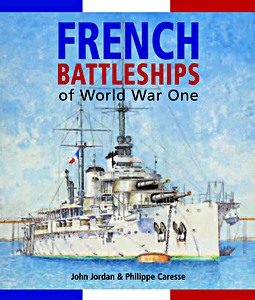
![Strony książki [TK] Alliierte Schlachtschiffe - GB, F und USSR 39-45 (1)](../afb/details/PP03491.jpg)
